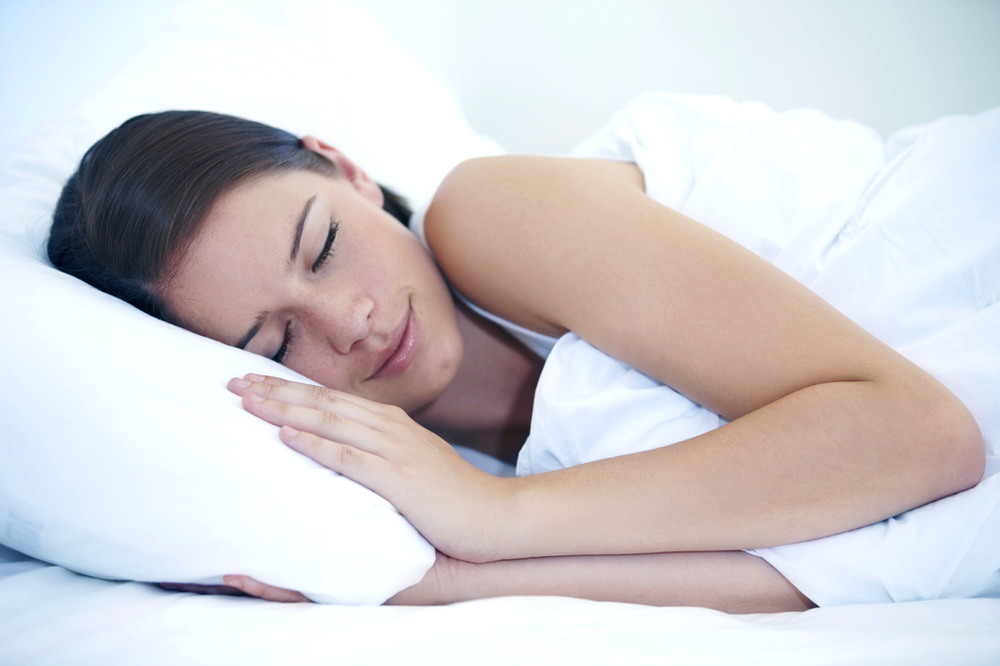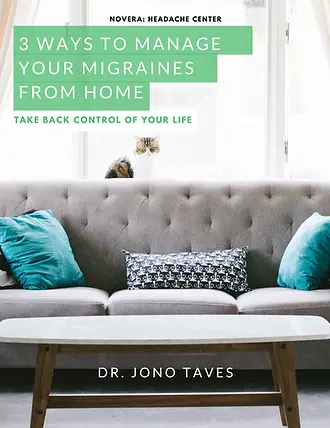
Sleep is an incredibly important process for the human body. Sleep allows our muscles to recover, gives our brain time to process and store new information, and allows our cells to restore their energy. Unfortunately, when the neck is dysfunctional it can be difficult to get restful sleep and some people even find that they wake up with headaches or migraines. Improper pillows, strained sleep position, and poor sleep hygiene are all factors impacting neck and headache pain. We are often asked how sleeping habits can be optimized to help prevent pain from getting in the way of a restful night’s sleep. Read on for a few helpful tips!
Choose The Right Pillow and Position
Back Sleepers-
- A flat, thin pillow is best for preventing the head from being pushed up too high, which places strain on the upper neck
- Using a rolled towel under the natural curve of the neck can be enough support for some
Side Sleepers –
- If you find you have to put your hand under your head for support, your pillow is too small
- Memory foam pillows are ideal, about 3-5 inches in width so there is ample space for shoulder
- Try placing a support pillow between the knees, along with a pillow to hug that will keep your arms out from underneath your body
Stomach Sleepers –
- Headache and migraine sufferers should avoid stomach sleeping whenever possible
- Stomach sleeping is hard on the neck and keeps the joints in a close packed position which can be painful when held for prolonged periods such as sleeping
Set Yourself Up For Success
- Reduce alcohol consumption: Alcohol can disrupt brain activity, causing you to wake up in the middle of the night. Moderating consumption or avoiding drinks late at night can help with this.
- Avoid caffeine in the afternoon/evening: Caffeine is a stimulant that can make it difficult for your body to wind down, especially when it is consumed close to the time you are trying to fall asleep. Be aware if you’re consuming lots of caffeine to try to make up for lack of sleep, as this can lead to a cycle of dependence and withdrawal headaches.
- Don’t eat late at night: Eating big meals late at night could cause your body to still be digesting food when it’s time for bed, which can lead to restlessness or nausea.
Practice Good Sleep Hygiene
- Set a nighttime routine and stick to it. Try to account for at least 30 minutes of wind-down time such as light stretching, reading, or meditating.
- Set electronics aside and avoid screen time for at least 30-60 minutes before the time you plan to fall asleep. Cell phones and televisions can make it difficult for your brain to wind down, and the blue light produced by screens may disrupt melatonin production.
- Reserve your bed for sleep. Keeping your bed free of clothing, remotes, and other clutter can help to build a positive mental association between being in bed and sleeping restfully.




